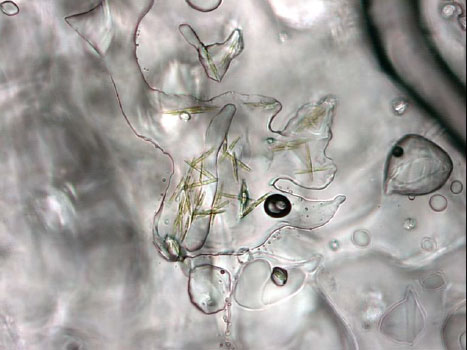
Research
RNA world
Ice

A crucial transition in the origin of life was the emergence of an informational polymer and its compartmentalization within protocellular structures.
We are interested in the hypothesis that the physicochemical properties of water-ice, a simple medium widespread on a temperate early earth, could have promoted this transition. We find that ice not only protects RNA polymerase ribozymes from hydrolytic degradation, but also surprisingly enhances their activity, enabling the synthesis of exceptionally long replication products.
Ice furthermore provides a powerful concentration effect enabling RNA replication at prebiotically plausible substrate and counterion concentrations, while simultaneously providing quasicellular compartmentalization within the intricate microstructure of the eutectic phase [1].
We are currently exploring the potential of ice to support RNA evolution and promoting self-replication.
- Ice as a protocellular medium for RNA replication.
Attwater J, Wochner A, Pinheiro VB, Coulson A, Holliger P.
Nat Commun. 2010; 1: 76. doi: 10.1038/ncomms1076